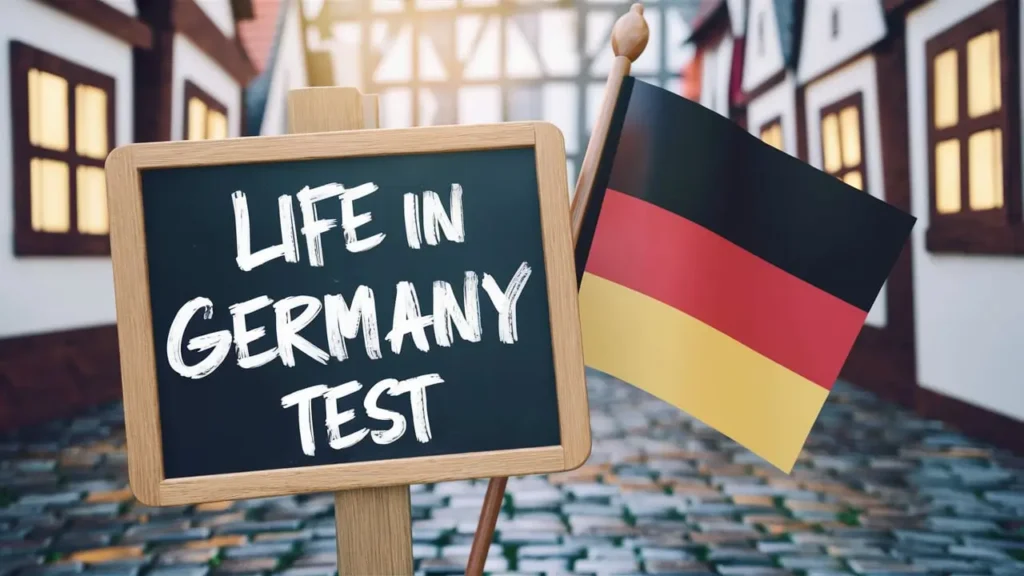Integrating into German society can be a multifaceted journey, especially for newcomers who may come from diverse cultural backgrounds. This guide aims to provide a comprehensive overview of the steps and considerations involved in successfully integrating into German society, complete with practical examples and insights.
Cultural Diversity
Germany is not a monolithic entity; it consists of 16 federal states (Bundesländer), each with its unique customs, dialects, and cultural practices. For instance, what is considered “German” in Bavaria may differ significantly from the culture in Hamburg or Berlin. This diversity can create a sense of complexity for newcomers, who may feel pressure to conform to a singular notion of German identity.
German Legal Framework
The German Basic Law emphasizes the importance of human dignity, freedom of expression, and the rule of law. Newcomers are expected to respect these principles while also learning about Germany’s democratic values, history, and legal system. Understanding these foundational elements is crucial for effective integration.
Steps for Successful Integration into German society
1. Language Acquisition
Importance of Learning German
Language is often the first barrier faced by newcomers. Proficiency in German not only facilitates daily interactions but also enhances employment opportunities and social integration. Many municipalities offer free or subsidized language courses for immigrants, which are essential for building confidence and competence in communication.
Example: A newcomer who enrolls in a local language school may find it easier to make friends and engage in community activities, thereby fostering a sense of belonging. (Check Digital German courses)
2. Participation in Integration Courses
Orientation Courses
Germany provides integration courses that cover essential topics such as language, culture, and legal rights. These integration courses in Germany are designed to help newcomers understand their responsibilities and the societal norms in Germany.
Example: A refugee who completes an orientation course gains insights into German history and culture, which can help them better navigate social situations and understand local customs.
3. Engaging with the German community
Joining Local Clubs and Associations
Participating in local clubs, sports teams, or cultural associations can be an effective way to meet people and immerse oneself in the community. Germany has a rich tradition of local clubs (Vereine) that cater to various interests, from sports to arts.
Example: An immigrant who joins a local football club not only improves their language skills but also builds friendships and networks within the community.
4. Understanding Social Norms
Punctuality and Direct Communication
Germans value punctuality and straightforwardness. Arriving on time for appointments and being direct in communication are seen as signs of respect and professionalism.
Example: A newcomer who consistently arrives five minutes early for meetings will likely earn respect and build a positive reputation among colleagues.
5. Embracing Cultural Practices

Celebrating Local Traditions
Engaging in local traditions and festivals can enhance the integration experience. Understanding and participating in events like Oktoberfest or Christmas markets can provide newcomers with a deeper appreciation of German society.
Example: A newcomer who actively participates in local festivities can connect with neighbors and learn more about cultural practices, fostering a sense of community.
6. Building a Support Network
Connecting with Other Expats
Establishing a support network of fellow expatriates can provide emotional support and practical advice. Online forums and local meetups can be valuable resources for sharing experiences and tips.
Example: An expat group that meets regularly can offer newcomers insights into navigating life in Germany, from finding housing to understanding the healthcare system. (Check events in your city using meetup)
7. Navigating the Bureaucracy
Understanding Administrative Processes
Germany has a reputation for its bureaucratic processes, which can be overwhelming for newcomers. Familiarizing oneself with essential administrative tasks, such as registering with local authorities (Anmeldung) and obtaining health insurance, is crucial.
Example: A newcomer who learns how to navigate these processes efficiently can avoid unnecessary stress and ensure compliance with local laws.
8. Germany Political Structure
Germany has a multi-party system, with several political parties participating in elections and forming governments. The main parties are the center-right Christian Democratic Union (CDU), the center-left Social Democratic Party (SPD), the center-right Christian Social Union (CSU) in Bavaria, the center-right Free Democratic Party (FDP), the left-wing The Left, and the Green Party.
Elections in Germany are free, equal, and secret, with all citizens aged 18 and above eligible to vote. The country has a proportional representation system, where parties receive seats in parliament based on their share of the popular vote.
Read this article to understand more the German Political System.
Final Thoughts
Integrating into German society is a journey that requires time, effort, and a willingness to adapt. By learning the language, participating in community activities, and understanding cultural norms, newcomers can successfully navigate their new environment. The integration process is not merely about conforming to a single identity but rather embracing the rich tapestry of cultures that make up modern Germany. Through patience and engagement, newcomers can find their place within this diverse society, contributing to and benefiting from the unique experiences it offers.




